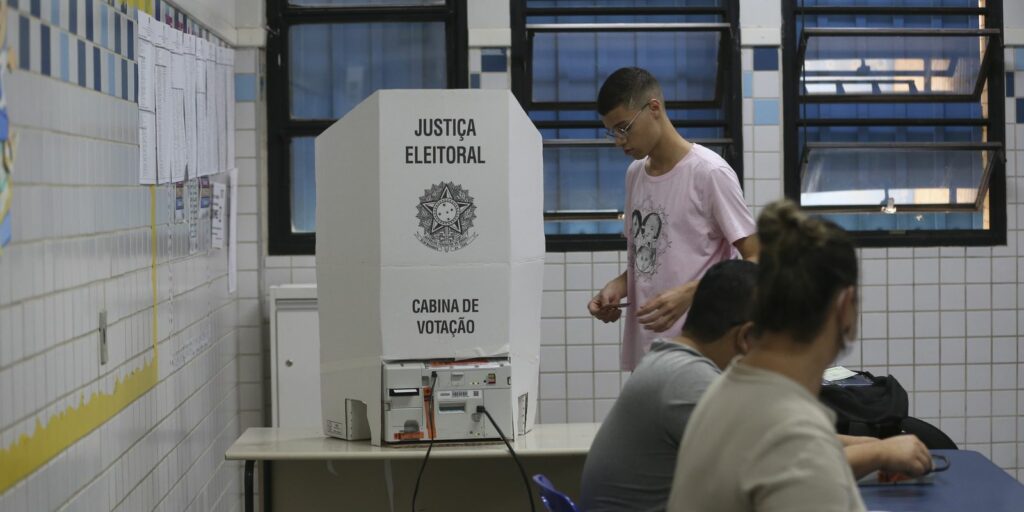Gonzalo Chavez Alvarez*
A few days ago a foreign friend called me worried because Bolivia was appearing again in the international news. Social and political conflicts had returned. Intrigued, he asked me: How can a country face a Population and Housing Census that should be carried out in 2022? Why does a merely administrative activity – which is carried out by all countries every 10 years, and which simply consists of counting the inhabitants, seeing their housing conditions – give rise to a political crisis?
Without hiding my embarrassment, I set out to tell him about the particularities of the Bolivian Census and how it had become a bone of contention that deepened the political polarization between the national government and the Interinstitutional Committee of Santa Cruz, which brings together a good part of the citizenry. of that region. Santa Cruz demands that the Census be done in 2023 because it is the department that received the most internal immigration in the last decade. Therefore, it requires greater economic resources and political representation. The central government proposes the Census for 2024.
The Government’s reading is that the Census is a strictly technical issue. For reasons that they do not explain, the process was delayed and now there are new deadlines. Delayed tasks must be completed, mapping updates and other steps that are only possible to be completed in the year 2024.
From this position, they ask the inter-institutional committee of Santa Cruz to show technical alternatives with shorter deadlines. According to the Government, from the Bolivian east, no different and viable options were presented so that the Census can be carried out before 2024.
In these circumstances, the national government denounces that the Census is used to strengthen the political struggle of the right and whose sole objective would be to wear down the Government. In the worst case, it is the pretext for another coup d’état, says the ruling party. This being the case, more radical groups within the government maintain that this is the opportunity for a political and military victory over the class enemy.
A second approach, sustained from Santa Cruz, suspects that the postponement of the Census has nothing to do with technical issues and yes, with political and economic issues. The first is that the population results of the Census, compared with the electoral register of the last elections, could reveal that there was fraud. Specifically, that the victory of 55% of the Government, in the 2020 elections, is not consistent with the population data. This would make the Arce administration lose legitimacy.
A third reading of the Census is also political. With the new data, in Santa Cruz and other regions, it will be revealed that they have more people and that therefore, they have a greater allocation of deputies in the Plurinational Assembly. This new configuration of power should already be implemented in the 2025 elections, hence the rush to carry out the Census. Now, it should also be noted that the Census will reveal which departments, such as Oruro, Chuquisaca and Potosí, are expelling population, which therefore will be harmed and will certainly claim. This political dispute should be postponed as much as possible to the future. The Arce government does not want to open Pandora’s box with the Census.
Another reading is that with the information from the Census there will also be a new distribution of economic resources. In this case, Santa Cruz could receive more money and other regions less resources. In this new context, there will be major disputes, which the Government prefers to postpone.
Faced with the failure of the bilateral negotiation between the national government and the inter-institutional committee of Santa Cruz on the date of the Census, the ruling party adopted a new strategy: broaden the debate and include more sectors in the decision-making process. Now there will be at least three hundred governors, mayors, rectors and other representatives of social movements, who must agree on the issue of the Census.
In this new scenario, clearly the hypothesis of a technical solution is diluted and the political approach prevails. At the end of the day, it will have to be decided if the Census is in 2023 or 2024 and from when, the new population data will come into force. It is practically impossible for them to agree on technical issues such as cartography, ballot, schedules and others, in a crowd.
It is possible that with this strategy, the government wants to remove the leading role from Santa Cruz and wear down the committee and finally isolate and defeat the region. It is also likely that in a scenario of a majority of actors and organizations related to the Government, in the end it will be decided that the Census be carried out in December 2023, but not because Santa Cruz requested it, but because the allies required it. In this way, the banner of protagonism is removed from Santa Cruz and the political victory will be presented, by propaganda, as an achievement of concertation of all of Bolivia and of a President who listens to the people.
Now, it is likely that at this meeting 2024 will be ratified as the year of the Census and that the meeting will be used to accumulate social and political energy to seek to defeat what they consider to be the right-wing of Santa Cruz. In this context, polarization and confrontation could continue in an extremely dangerous escalation. This article was written on Friday, October 28.















